basically my number is bigger but opposite (also no negative numbers or 0 (unless its used in an operation to make the number smaller without making it 0 or negative) cuz that would ruin the fun)
make sure the number is reasonably smaller (like dont go from 1e308 to (log(2))^∞)
ill start with 1e308
my number is smaller


9.99e307

9.9899e307

9.8e307

5.6e307

1e307
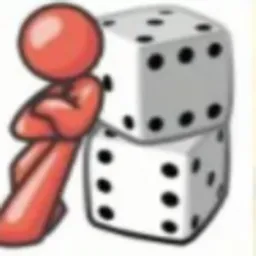
9.99e308

9e306

8e306

7.5e306

6.5e306

5e306
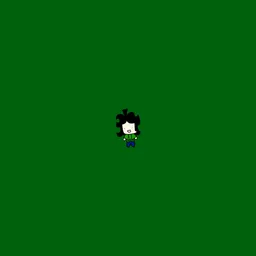
1e300

1e290

9.379e279

5.593e263

1.2e260

6.5e240

4e220

1e200

9.99e199

9.98e199

9.5e170


e150

1e120
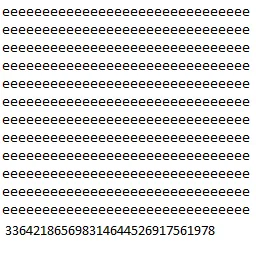
10^80

1e50

1e44

1 nonillion

1 quintillion

The human population
I only posted again in here to boost this thread's placement

the estimated total population of owned cats (220 million)

100 thousand

500

155 (ID of this forum thread in the URL)

10

1

0.14112000806 (sine of 3)

1% of 1

0.0001

seconds it takes for light to travel 1 meter (~1/300000000)

1/(10^13) (length of a svedberg)

1/(10^20)

1.6*(1/(10^35)) (planck length)

Smallest positive subnormal number in single-precision IEEE floating point arithmetic (~1.4*10^-45)

1e-50 (no significance)

1/(8*10^67) (the probability of (truly randomly) shuffling a deck of cards into the permutation it was packaged in in one try)

1e-80

1/(70!)

0

Icecreamdude says:
0
reread the first post please

0.5^512
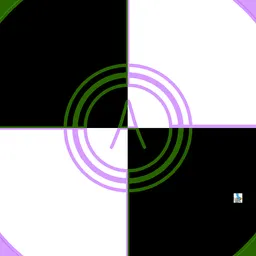
0.6^6^6

adoplayzz says:
0.6^6^6
you mean 0.6^(6^6) right?
0.1^(2^(2^(2^2)-1))

0.894^(21^^2)

adoplayzz says:
0.894^(21^^2)
i think you're stretching "reasonably smaller" here this is e-(e26)

ok yeah. im gonna do 0.8^(10^^2) instead

or idk

1/(10^^3)

(log5(10^10^5))/(sqrt(10^^4))

adoplayzz says:
(log5(10^10^5))/(sqrt(10^^4))
143067/(10^10^10B) is way too much smaller than 1/(10^10B) that's for sure

1/G_G_G_...G_G_64, where G_(x) is nested within itself G_64 times

a tad bit too much smaller than the previous number
pixelperfect12 says:
1/G_G_G_...G_G_64, where G_(x) is nested within itself G_64 times


i kinda messed up with the tetration sorry about that. gonna fix it by making it (log5(10^10^5))/(sqrt(10^^3.25))
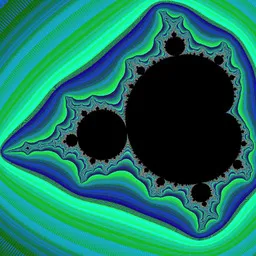
(10^10^1,000,000)⁻⁶⁹⁴²⁰

1/(10^^4)
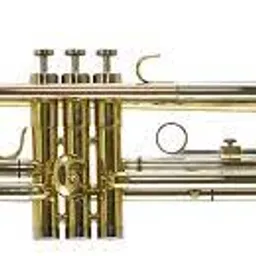
10^-g1
or sign up to leave a post.



















